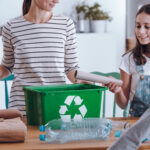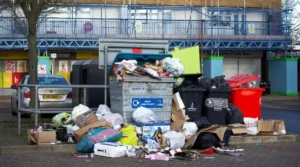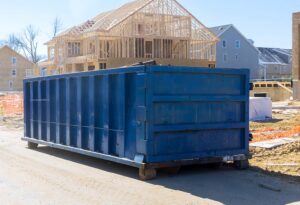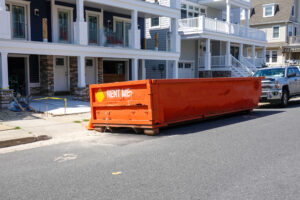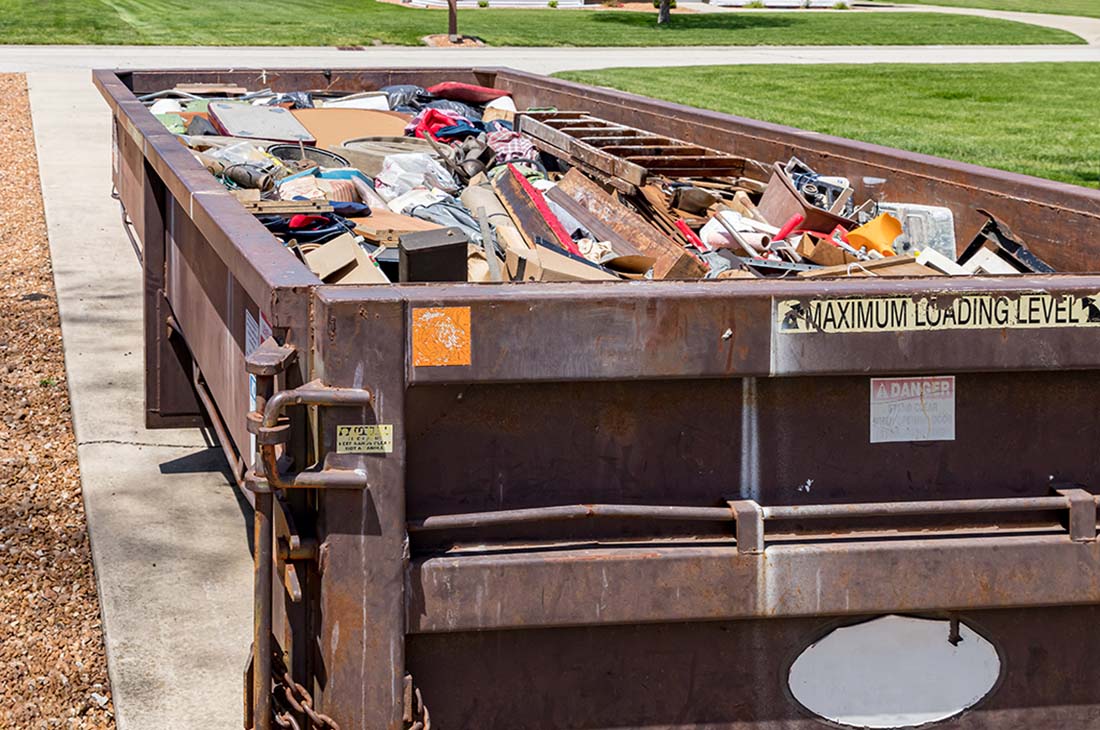
What Materials Can Go In a Roll-off Dumpster
Generally, most places have similar restrictions. However, this guide can provide you with a general idea of what can and cannot be thrown in your roll-off dumpster rental.
It is crucial to be aware of the items that are permissible to avoid incurring fines. Here’s a breakdown of what you can typically expect:
Accepted Debris and Trash
Household Waste: This includes items like furniture, toys, clothing, and general trash.
Construction and Demolition Debris: Materials such as wood, metal, drywall, brick, concrete, and roofing materials are often allowed.
Yard Waste: Leaves, branches, tree trunks, grass clippings, and other organic material from your yard can usually be disposed of in a dumpster.
Appliances: Some rental companies allow appliances, but refrigerators, air conditioners, and anything containing refrigerants might be excluded due to environmental regulations.
Electronics: TVs, computers, monitors, and other electronic devices may be accepted, but there can be restrictions based on local e-waste regulations.
Prohibited Items
Hazardous Materials: Chemicals, pesticides, automotive fluids, batteries, asbestos, and any material that is toxic, flammable, or corrosive are strictly prohibited.
Tires: Due to recycling rules and landfill restrictions, tires are often not allowed in dumpsters.
Refrigerants: Appliances containing Freon or other refrigerants are usually not permitted unless they have been properly drained and certified.
Paints and Lacquers: Liquid paints, lacquers, and stains are considered hazardous and cannot be thrown in a dumpster. However, dried paint cans (with lids removed) are sometimes allowed.
Medical Waste: Needles, syringes, medication, and other medical waste are prohibited due to health risks.
Food Waste: In some areas, food waste is not allowed in dumpsters used for general debris due to attracting pests and creating unsanitary conditions.
Best Practices
Check with the Rental Company: Always verify what can and cannot be thrown into your rented dumpster, as these policies can vary significantly.
Consider Recycling: For materials like electronics, appliances, and certain types of construction debris, consider recycling options that may be more environmentally friendly and could reduce the cost of disposal.
Review Local Regulations: Some municipalities have specific rules about what can be disposed of in dumpsters, especially for hazardous materials and electronics.
Properly sorting and disposing of waste not only ensures compliance with local laws and rental agreements but also helps in minimizing environmental impact. When in doubt, ask our dumpster rental professionals for guidance to avoid potential additional fees or penalties for improper disposal.
Here’s How to Rent a Dumpster
• Contact us about portable dumpster rentals by calling 334-271-6900 or sales@circlejroll-offsinc.com.
• Let us know your timeline and we’ll quote a simple 7-day flat rate with no hidden fees.
• Our portable dumpster rental includes delivery, pickup and waste disposal.
Questions about residential dumpster renting, we are experts in trash handling and are here to help you with your portable dumpster rental and your overall waste management needs.


